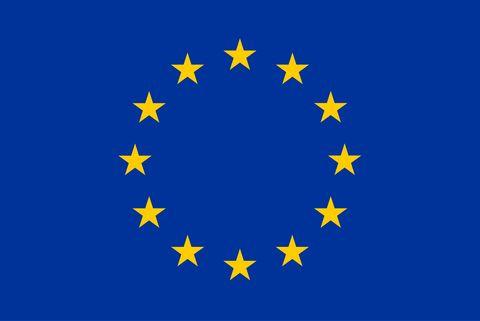Socionical
SOCIONICAL - Complex Socio-Technical System in Ambient Intelligence
SOCIONICAL is an Information and Communication Technologies Project funded under European Seventh Framework Programme (FP7), aiming to develop Complexity Science based modelling, prediction and simulation methods for large scale socio-technical systems. SOCIONICAL focuses on the specific example of Ambient Intelligence (AmI) based smart environments.
A key component of such environments is the ability to monitor user actions and to adjust its configuration and functionality accordingly. Thus, the system reacts to human behaviour while at the same influencing it. This creates a feedback loop and leads to a tight entanglement between the human and the technical system. At the same time there is dynamic, heterogeneous human-human, human-technology, and technology-technology communication leading to ad-hoc coupling between components and different feedback loops. The project will study global properties and emergent phenomena that arise in AmI based socio-technical systems from such local feedback loops and their coupling on two concrete scenarios: transportation and emergency/disaster.
SOCIONICAL takes a parallel, multi facetted research approach. Thus, it will address analytical methods, complex networks based representations, and agent based models. The advances in modelling and prediction will be verified by large scale, distributed simulation driven by real life data.
| Principal Investigator(s) at the University | Prof. Dr. Paul Lukowicz (Lehrstuhl für Informatik mit Schwerpunkt Eingebettete Systeme) |
|---|---|
| Project period | 01.02.2009 - 31.01.2013 |
| Website | http://www.socionical.eu/ |
| Source of funding |  Europäische Union (EU) > EU - 7. Forschungsrahmenprogramm (7. FRP) |
| Projektnummer | 231288 |
Publications
This publication material is presented to ensure timely dissemination of scholarly and technical work. Copyright and all rights therein are retained by authors or by other copyright holders. All persons copying this information are expected to adhere to the terms and constraints invoked by each author's copyright. In most cases, these works may not be reposted without the explicit permission of the copyright holder.
Please see our chair's publication database for further publications and abstracts as well as for advanced search and filtering capabilities.

